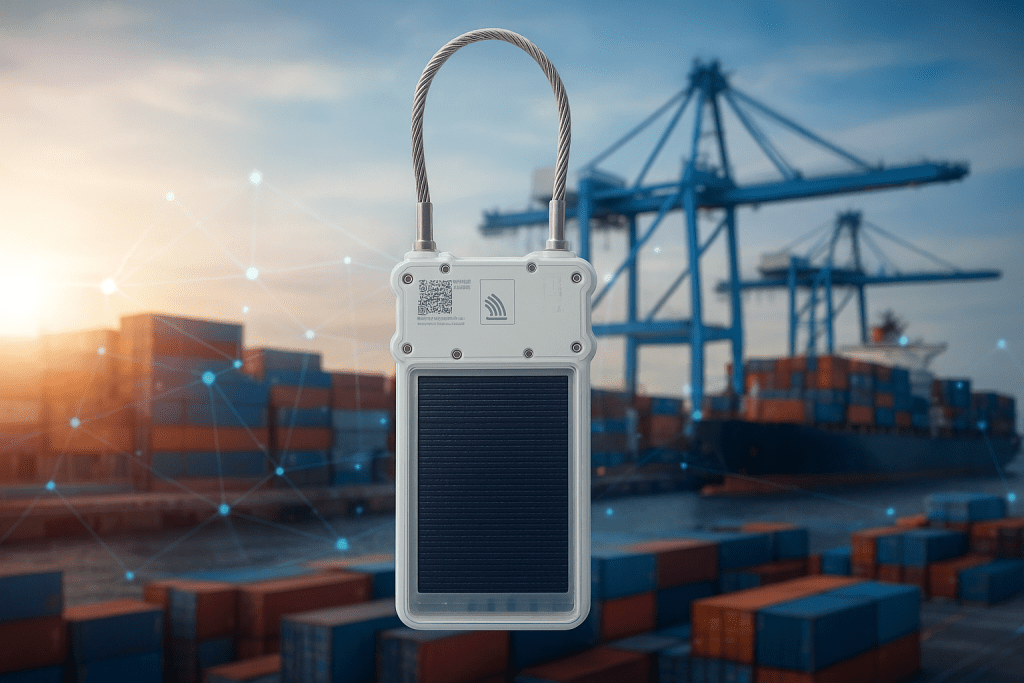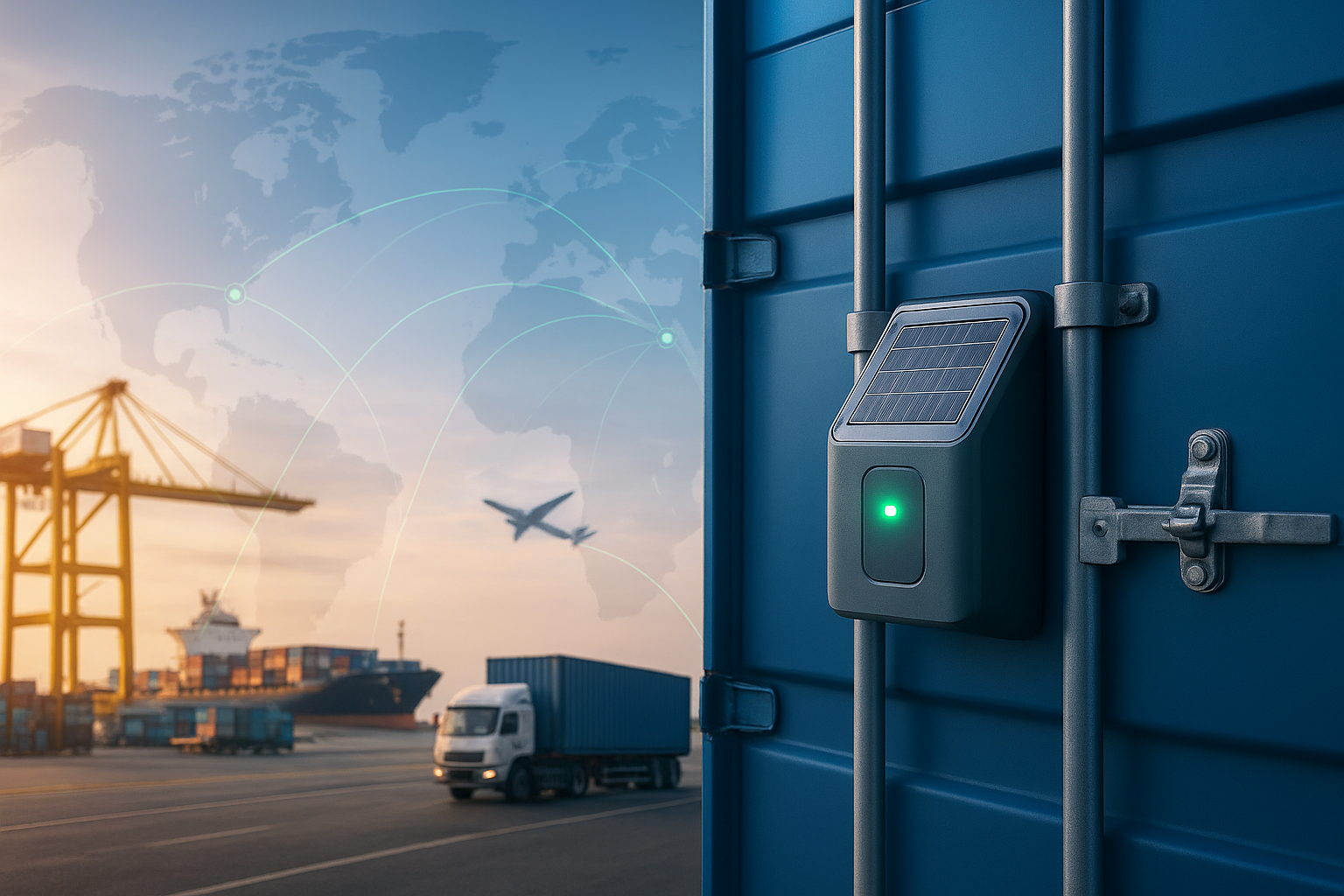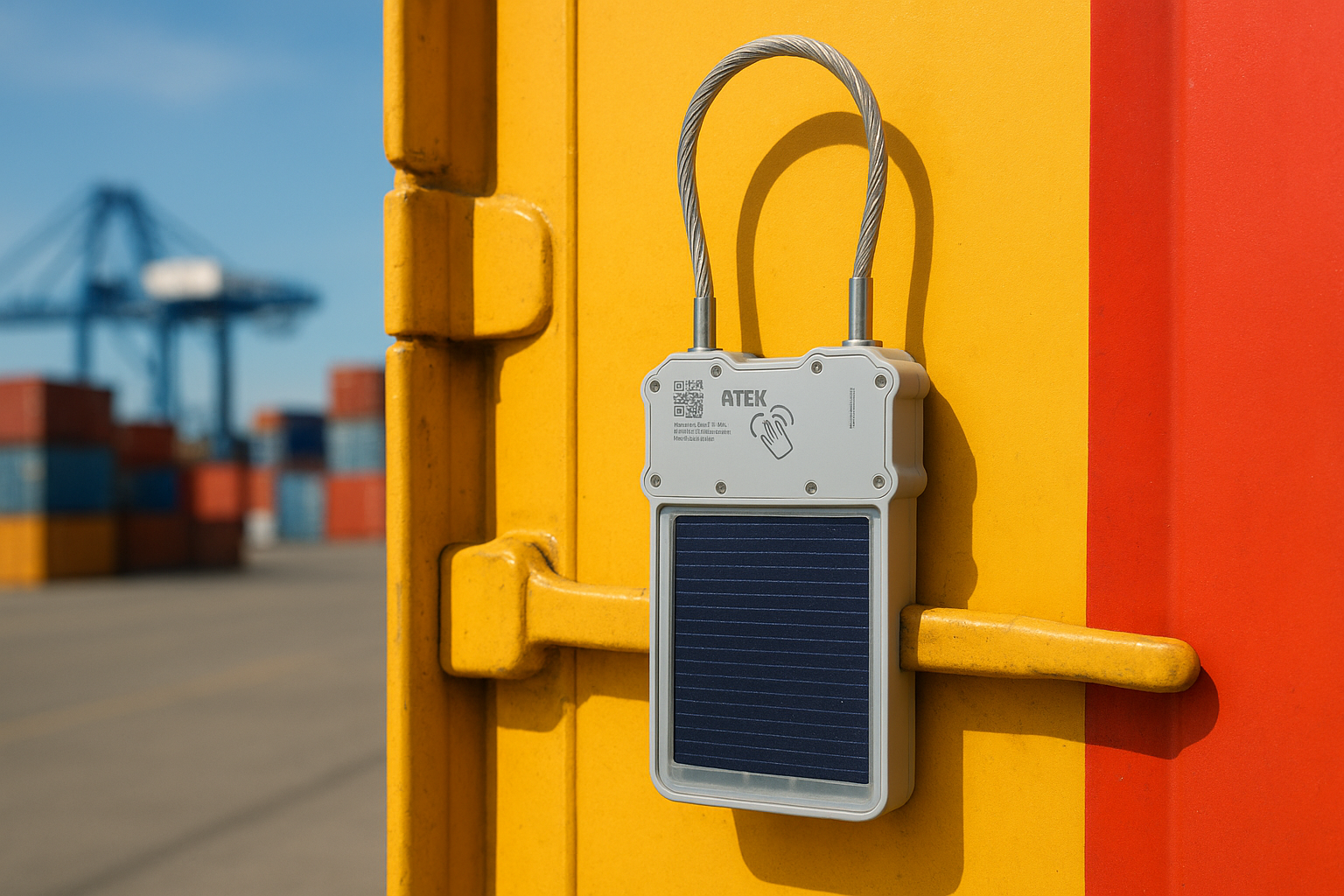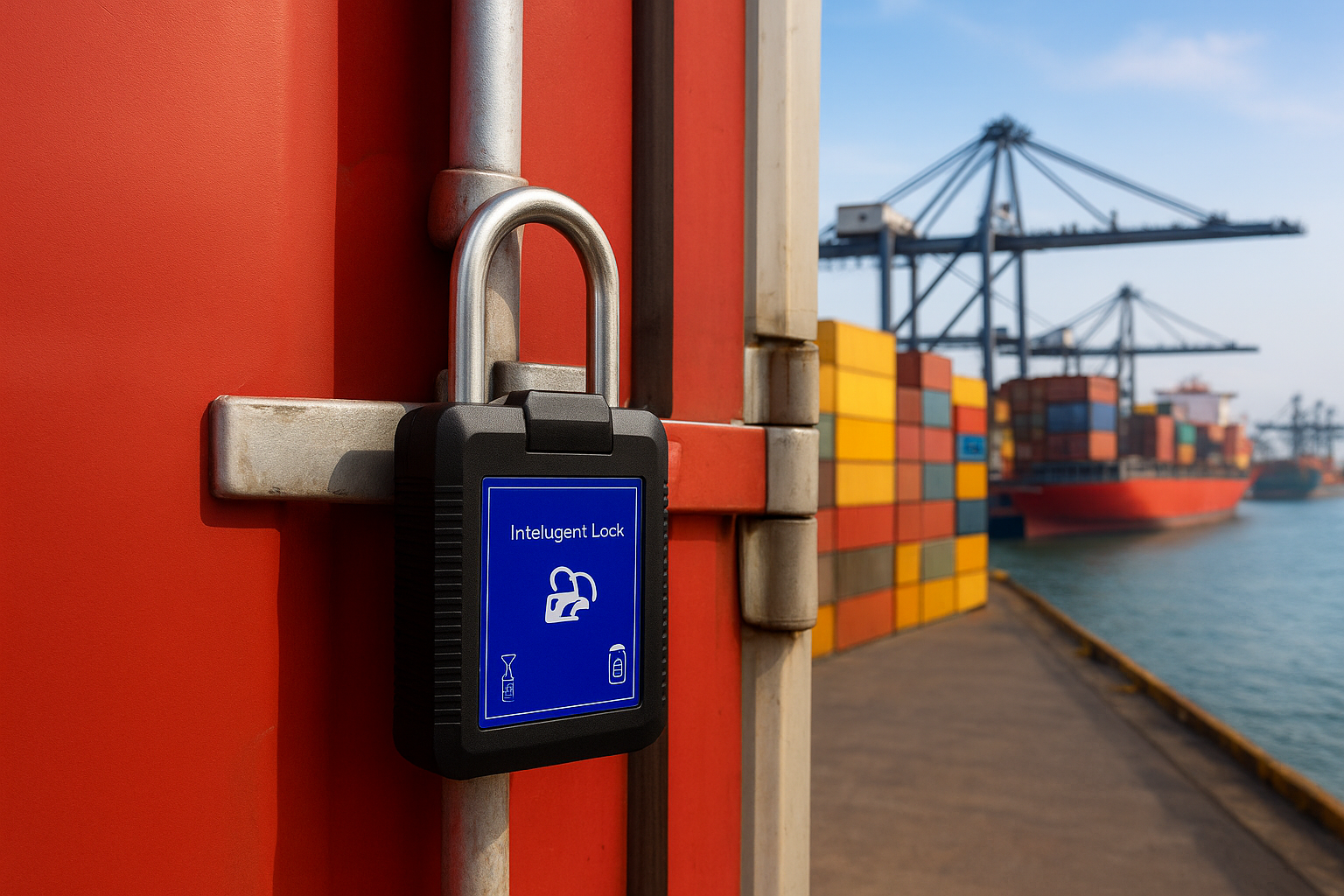Cargo theft, delays, and compliance checks are everyday headaches for logistics businesses in the Middle East. Traditional locks no longer provide the level of control needed in today’s high-risk environment. That’s why many companies are now turning to solar-powered GPS e-lock solutions. Klik e-Seal, a trusted provider in this space, offers advanced smart locks that combine strong physical security with real-time visibility, helping businesses keep their shipments protected around the clock.
But why is this shift happening now? Let’s look at the rising security challenges shaping logistics in the Middle East.
The Rising Security Challenges in Middle East Logistics
The Middle East is a major hub for international trade, but this also makes it a hotspot for cargo theft. According to reports, theft from warehouse facilities is leading cargo crime in the region, especially in Free Trade Zones where

Traditional storage container locks and conex container locks, while sturdy, cannot prevent unauthorised access or provide alerts in case of tampering. The absence of live tracking makes them ineffective against insider threats or organized cargo crime. This is why logistics companies are moving beyond manual digital lock systems and looking for solutions that combine both physical security and live monitoring.
Why GPS E-Locks Outperform Traditional Locks
| Feature | Traditional Container Locks | Klik’s Solar-Powered GPS E-Locks |
| Physical Security | Provides only basic protection | Strong build + tamper alerts |
| Real-Time Tracking | Not available | 24/7 live tracking with GPS |
| Tamper Alerts | No alerts | Instant notifications on tampering |
| Compliance Support | Manual checks needed | Automated logs for customs & compliance |
| Theft Prevention | Can be cut or bypassed | Difficult to bypass; alerts authorities |
| Power Source | N/A | Solar-powered (longer life, eco-friendly) |
How GPS E-Locks Solve These Challenges
A solar-powered GPS e-lock is much more than a locking device. It’s a smart solution that integrates a digital lock with GPS tracking technology. Once attached to a container, it not only seals the cargo but also transmits live location and status updates to the control centre.
Cargo theft from warehouses is the most common cargo crime in the Middle East, particularly in Free Trade Zones
The built-in tracking lock allows logistics managers to monitor routes, get tamper alerts, and check when and where a container was opened. Since the device is powered by solar energy, there’s no dependency on frequent charging, making it highly reliable for desert routes, ports, and cross-border supply chains.
In simple terms, it replaces guesswork with real-time visibility, ensuring businesses stay in control of their shipments at every stage.
Key Benefits for Middle East Logistics Companies
Switching to an e-lock system offers several advantages that traditional locks cannot match.
- Real-time monitoring with lock tracker: Managers can track the exact position of every container, reducing the risk of misrouting or loss.
- Theft prevention and faster response: Instant alerts in case of tampering help security teams take immediate action.
- Reduced operational costs: With solar energy powering the device, there’s no need for frequent battery replacements. This makes operations more efficient and budget-friendly.
- Sustainability in logistics: Using renewable energy directly supports green supply chain practices.
In fact, according to Logistics Manager, the EMEA region faces cargo crime losses of over €137 million annually. For companies handling high-value shipments, investing in a digital lock with GPS tracking isn’t just a safety measure, it’s a cost-saving strategy.
Solar-Powered GPS E-Locks and Sustainable Supply Chains
Sustainability is no longer optional. Governments, ports, and customs authorities in the Middle East are pushing for greener logistics practices that align with global ESG standards.
Here, solar-powered smart lock solutions play a vital role. By replacing battery-operated devices with renewable-powered systems, logistics companies can significantly reduce their carbon footprint. An advanced digital lock not only ensures container integrity but also contributes to eco-friendly operations.
Moreover, with insider threats and organized theft on the rise, solar-powered GPS e-locks provide both security and sustainability, protecting cargo while helping businesses meet their ESG targets. Industry reports confirm that insider crime is a growing risk, and technology-driven solutions are the best defence.
Why Klik e-Seal Is the Trusted Partner for GPS E-Locks
When it comes to securing containers in the toughest conditions, Klik e-Seal stands out as a reliable partner for logistics companies across the Middle East.
Our GPS e-lock solutions are designed with advanced features like tamper alerts, route monitoring, and long-lasting solar-powered performance. We also offer digital lock with GPS tracking options that integrate integrates smoothly with your supply chain systems.
With ISO certifications, strong R&D, and proven deployments, Klik e-Seal delivers an e-lock system tailored to the unique challenges of Middle East logistics. Whether you manage fleets, warehouses, or cross-border shipments, our technology ensures your cargo is safe, compliant, and sustainable.
Secure your cargo with Klik e-Seal’s advanced solar-powered GPS E-Locks, built for the toughest logistics challenges in the Middle East.
Frequently Asked Questions
A GPS e-lock is a digital lock with GPS tracking that secures containers while providing real-time visibility. Powered by solar energy, it ensures uninterrupted monitoring across long journeys.
Unlike manual storage container locks or conex container locks, solar-powered GPS E-Locks offer live tracking, theft alerts, and remote access management.
Yes, modern e-lock systems integrate easily with most fleet management and supply chain platforms, ensuring smooth operations.
Absolutely. With renewable energy charging, no frequent battery replacements, and faster audits, they save both time and money.
Yes, customs authorities rely on tracking locks for compliance, container integrity, and transparent cross-border cargo movement.


